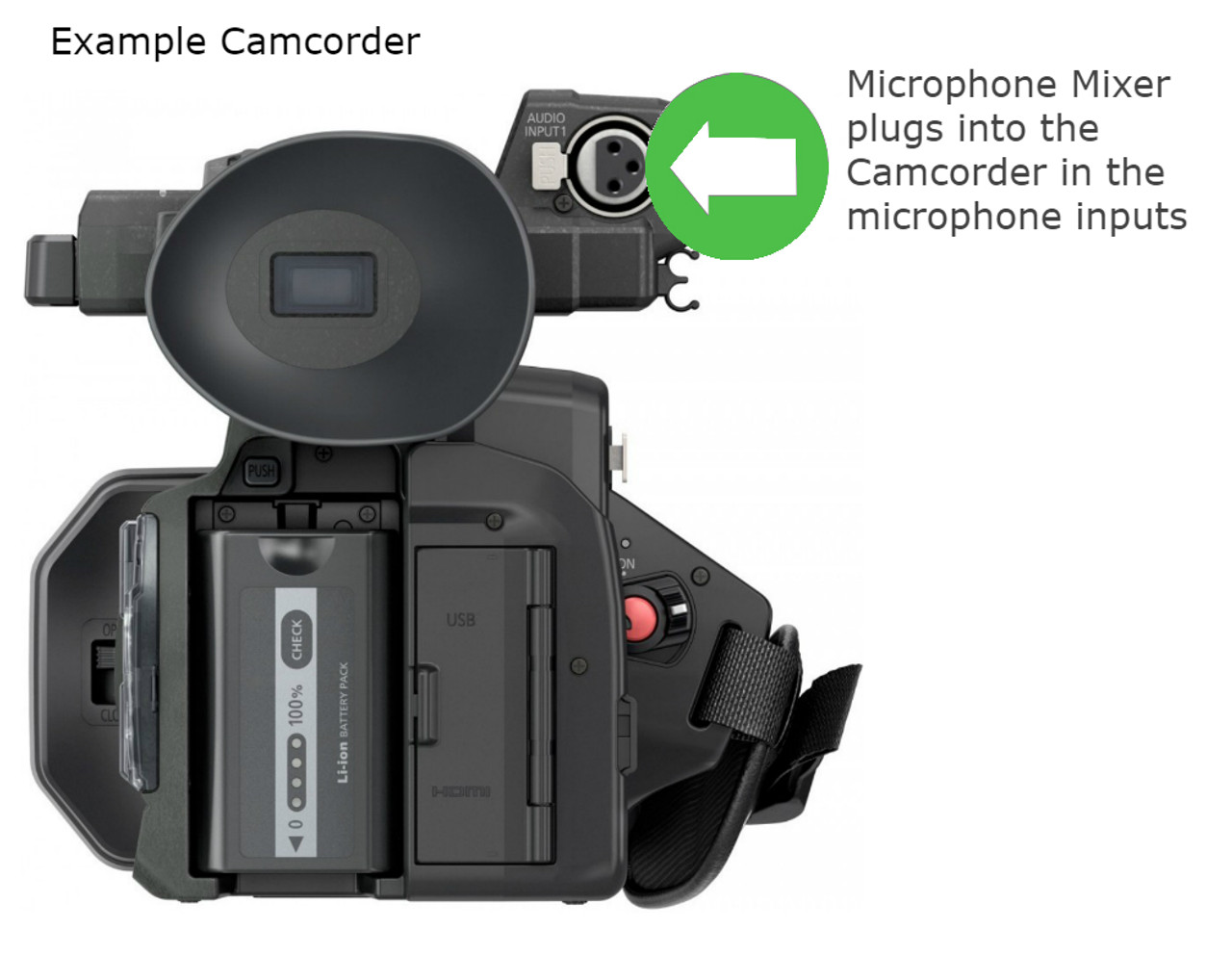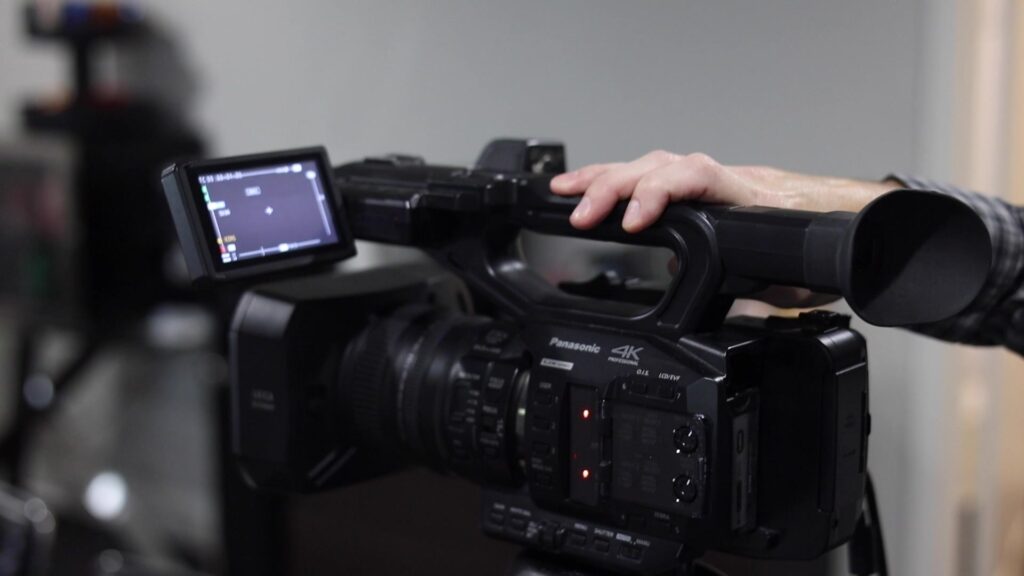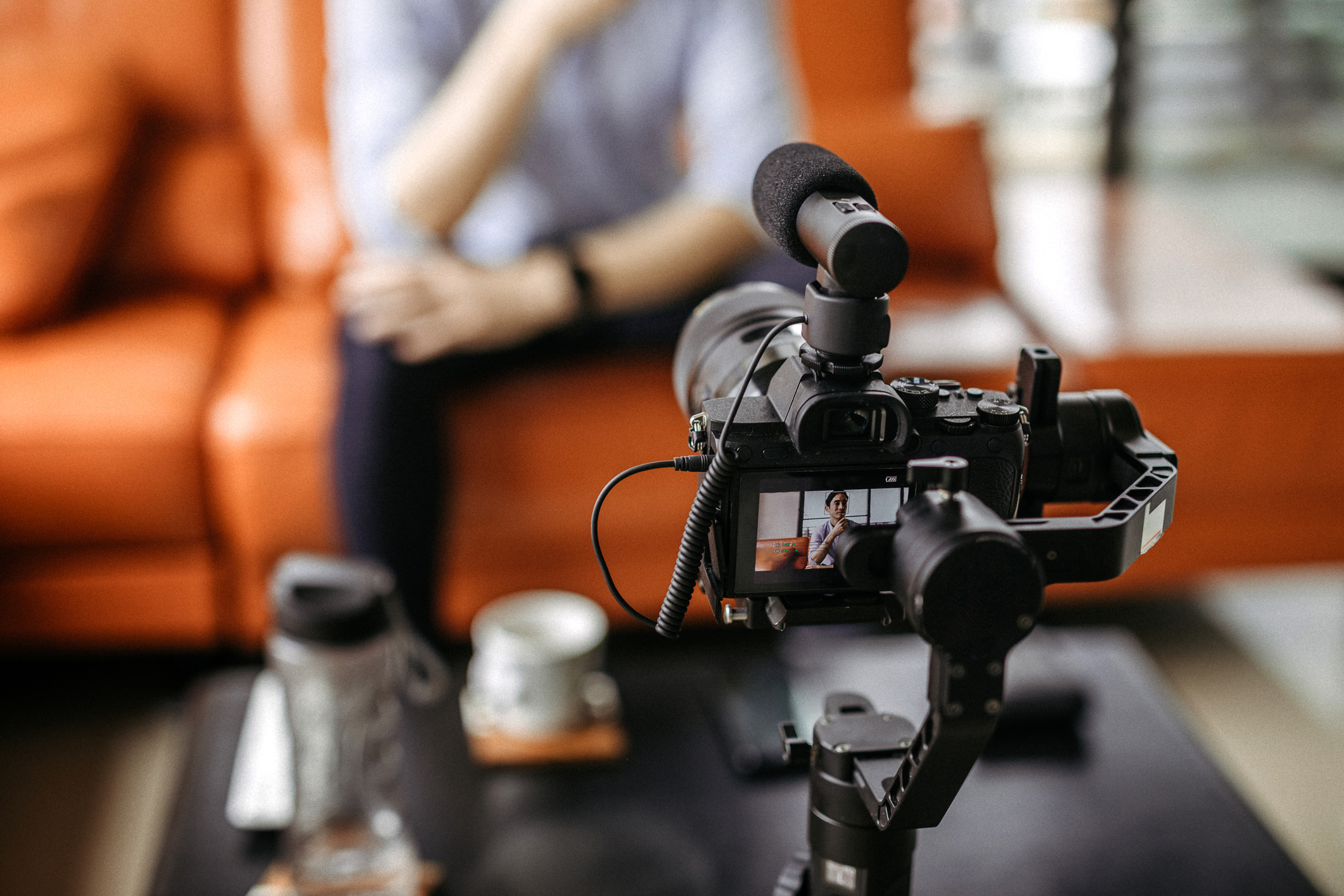The Significance of Legal Video Clip Depositions in Modern Legal Solutions: What You Ought to Know
Legal video clip depositions have actually ended up being essential in today's lawful landscape. They give a multidimensional sight of witness testaments that conventional records simply can not match. By catching both non-verbal and verbal interaction, these depositions improve the general understanding of a witness's trustworthiness. Nevertheless, the effectiveness of video clip depositions depends upon numerous factors, including conformity with lawful criteria and ideal methods (legal video depositions). Checking out these aspects exposes their real relevance in modern lawful services
What Are Legal Video Depositions?
Lawful video clip depositions serve as a crucial device in the lawsuits process. They involve tape-recording witness statements in a video clip layout, capturing both non-verbal and verbal interaction. This approach allows attorneys to document the attitude, expressions, and responses of witnesses, giving a richer context for the testimony. Commonly conducted in a controlled environment, these depositions are led by attorneys who ask questions while a court reporter records the dialogue. The resulting video can be vital for test preparation, as it allows attorneys to examine the credibility of witnesses and fine-tune their strategies. Furthermore, legal video depositions can be utilized in numerous lawful contexts, varying from civil disagreements to criminal situations. The auditory and aesthetic aspects of video depositions enhance the presentation of evidence, making it a vital part in the contemporary lawful landscape. Generally, they contribute significantly to the effectiveness and efficiency of legal procedures.

Benefits of Video Depositions Over Typical Techniques
Video clip depositions provide numerous advantages contrasted to conventional techniques of taking witness testimonies. One considerable advantage is the ability to catch both audio and visual components, providing a much more thorough record of the witness's declarations. This double layout enhances clearness and permits lawyers to reference certain subtleties during test preparation. Furthermore, video clip depositions promote remote participation, making it simpler for witnesses that might be inaccessible for in-person appearances due to geographical restrictions or wellness issues.Moreover, video clip depositions can expedite the general deposition process, minimizing the moment and prices related to travel and logistics. They also enhance availability, as taped depositions can be quickly shared among legal teams and referenced at any type of time. This comfort adds to much better situation administration and preparation. Overall, video depositions stand for a modern, efficient approach to collecting witness testaments, straightening with the developing requirements of the legal profession.
The Duty of Body Movement and Tone in Testimonies

In legal video depositions, body language and tone play vital duties in communicating a witness's trustworthiness and credibility. Nonverbal signs can supply insights right into a witness's emotional state, affecting how their testament is viewed. Understanding the effect of these elements is crucial for lawyers and jurors alike when evaluating the integrity of a testimony.
Nonverbal Interaction Insights
While verbal interaction is frequently stressed in legal testaments, nonverbal cues such as body language and tone play an important duty in communicating credibility and emotion. Observers of depositions might keep in mind that a witness's position, motions, and faces can considerably affect perceptions of dependability. As an example, regular eye contact may indicate self-confidence, while avoiding look can recommend dishonesty or discomfort. In a similar way, the tone of voice-- its pitch, volume, and speed-- can present sensations of genuineness or uncertainty. Attorneys need to be in harmony with these nonverbal signals, as they frequently offer essential context that complements spoken words. Understanding these subtleties can enhance the effectiveness of depositions and affect the end result of lawful process.
Psychological Tone Influence
The psychological tone shared throughout lawful statements considerably affects just how a witness is perceived. Body language, singing inflections, and faces play crucial functions fit the story of a testament. A witness displaying self-confidence through constant eye get in touch with and a calm tone can instill a feeling of reliability and interaction. Conversely, signs of stress and anxiety, such as fidgeting or an unstable voice, may bring about skepticism concerning their account. The subtleties of psychological expression can affect the interpretation of realities, making it necessary for legal specialists to acknowledge these cues. In video clip depositions, the visual and auditory elements combine, highlighting the importance of psychological tone in conveying genuineness and truthfulness within the lawful process.
Reliability and Trustworthiness
A crucial element in developing reliability and trustworthiness throughout testimonies exists in the witness's body movement and intonation. Observers often depend on non-verbal cues-- such as eye get in touch with, stance, my latest blog post and gestures-- to examine a witness's genuineness. For instance, a witness who maintains eye get in touch with and presents open body language may be viewed as even more reliable and sincere than one that avoids eye contact or appears blocked. Furthermore, tone of voice plays a necessary duty; a constant, tranquil tone can enhance the reliability of the testimony, while changes in pitch or volume may increase doubts. Ultimately, the mix of body movement and singing tone substantially affects just how a witness's declarations are obtained and translated in a legal context.
Best Practices for Conducting Video Clip Depositions
Performing video clip depositions calls for mindful preparation and execution to guarantee a reliable and clear discussion of statement. First, it is necessary to choose a quiet, well-lit area to lessen diversions and protected optimal video clip high quality. The devices ought to be examined in development, including electronic cameras, microphones, and illumination, to avoid technological issues throughout the deposition.Next, celebrations involved need to evaluate the layout and procedures ahead of time, making sure that every person understands their duties. The deponent must be oriented on the process, consisting of how to react plainly and concisely.Additionally, preserving a specialist behavior throughout the session is important. This consists of avoiding speaking over each other and confirming that all concerns are routed appropriately. It is vital to videotape the deposition in a format that enables for very easy playback and testimonial, preserving the integrity of the statement for future usage.
Lawful Factors To Consider and Compliance Issues
How do legal considerations and conformity problems influence the performance of video clip depositions? Lawyers should browse an intricate landscape of laws, making certain that video clip depositions stick to administrative rules and standards. Compliance with regulations worrying personal privacy, permission, and taping methods is important. Getting specific approval from all celebrations involved is needed to prevent legal repercussions.Additionally, the admissibility of video proof in court can hinge on compliance with step-by-step demands. Guaranteeing that the equipment used meets technological requirements is also vital, as low quality can undermine the deposition's reliability.Moreover, lawyers should be conscious of any certain state legislations that control video clip depositions, as these can vary substantially. Failure to resolve these factors to consider can not only threaten the integrity of the deposition but additionally impact the total instance method, ultimately influencing the client's lawful outcomes.
Exactly How Video Depositions Effect Jury Assumption
While video depositions can act as powerful tools in lawful proceedings, their impact on court perception is substantial. The visual and acoustic components of video recordings supply jurors with an extra complete understanding of witness demeanor, credibility, and psychological feedbacks. This multimedia method can improve the jurors' capacity to evaluate the dependability of testament contrasted to traditional text-based transcripts.Moreover, video clip depositions permit jurors to observe body language, tone of voice, and faces, every one of which can influence their analysis of the witness's statements. The presence of a witness on screen can humanize them, cultivating compassion and link, which may persuade jurors' viewpoints. Alternatively, a witness that shows up unreliable or incredibly elusive on video clip may lead to negative perceptions that influence a jury's decision. Eventually, the vibrant nature of video clip depositions plays a crucial duty in forming exactly how jurors interpret proof and reach their verdicts.
The Future of Video Clip Depositions in Legal Technique
As developments in technology remain to reshape the legal landscape, the future of video depositions is positioned for considerable advancement. Innovations such as synthetic intelligence, online reality, and enhanced video clip conferencing devices are anticipated to improve the deposition process and improve accessibility. Attorneys might make use of AI-driven analytics to examine witness trustworthiness and case toughness more effectively.Moreover, the integration of digital reality could permit courts to experience immersive simulations of depositions, providing deeper context and understanding. Furthermore, the trend towards remote depositions is likely to persist, supplying better flexibility for customers and attorneys alike.As remote work comes to be increasingly stabilized, video depositions will likely come to be typical method, minimizing prices and time restrictions related to typical methods. On the whole, these technological innovations guarantee to boost the performance, efficiency, and accessibility of video depositions in lawful practice, inevitably transforming exactly how lawyers get ready for trial.
Regularly Asked Concerns
Just How Much Do Legal Video Depositions Typically Expense?

Can Video Clip Depositions Be Used in Any Kind Of Sort Of Instance?
Video depositions can be made use of in various sorts of cases, consisting of civil, criminal, and family members regulation. Their adaptability allows lawyers to present witness statements properly, adapting to the specific needs of various lawful circumstances.
What Devices Is Needed for a Video Clip Deposition?
To perform a video clip deposition, important tools includes a high-grade electronic camera, microphone, lights, and a reliable recording device. Additionally, a computer system with editing software application may be required for post-production and formatting the last video.
The length of time Does a Common Video Clip Deposition Last?
A normal video clip deposition lasts between two to 4 hours, depending on the intricacy of the case and the number of inquiries presented. Extensive sessions may take place, but breaks are usually included for participant comfort.

Are Video Depositions Admissible in Court?
Video depositions are typically acceptable in court, supplied they follow legal requirements and policies of proof. Their usage improves clearness and protects witness statement, helping in the judicial process during hearings and trials. Lawful video clip depositions have actually ended up being necessary in today's lawful landscape. Furthermore, legal video depositions can be utilized in various lawful contexts, varying from civil conflicts to criminal cases. In addition, video depositions promote remote participation, making it simpler for witnesses who might be not available for in-person appearances due to geographical constraints or wellness issues.Moreover, video clip depositions can quicken the overall deposition procedure, minimizing the time and expenses associated with traveling and logistics. Making sure that this post the devices used fulfills technical standards is additionally essential, as poor top quality can weaken the deposition's reliability.Moreover, attorneys have to be conscious of any details state legislations that govern video clip depositions, as these can vary substantially. Furthermore, the trend towards remote depositions is most likely to persist, supplying higher adaptability for clients and lawyers alike.As remote work ends up being increasingly normalized, video depositions will likely end up being basic technique, decreasing prices and time constraints linked with traditional techniques.